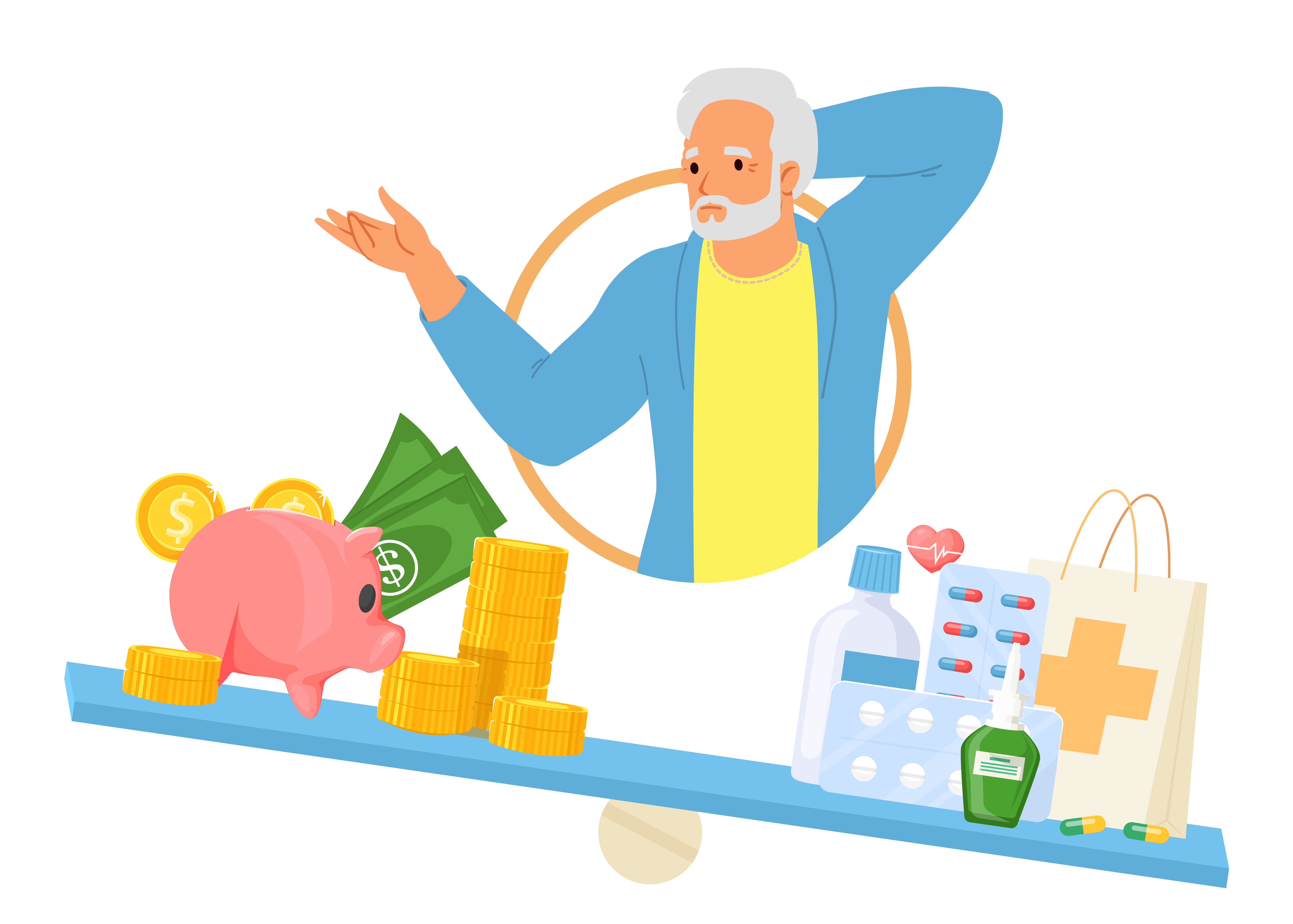Dual diagnosis is a term used to describe people with mental illnesses who have a co-existing problem with drugs and/or alcohol. Every so often, someone suffering from a mental disorder may turn to dopamine stimulating substances to self-medicate, calm themselves and manage the symptoms of their mental disorder, increasing the person's tolerability to the substance/alcohol and as a result of his or her vulnerability to substance abuse.
Whilst in a number of cases the substance abuse began as a consequence to the mental illness, in other instances it can be the active and extended use of substances such as synthetic drugs like syabu (methamphetamine) or psychotropic pills, that could lead to the development of a mental disorder,like:
· Schizophrenia
· Anxiety
· Depression
· Bipolarism
· Obsessive Compulsive Disorder (OCD)
· Post-Traumatic Stress Disorder (PTSD)
When a mental illness is poorly treated, the substance abusing behavior increases; on the other hand when the alcohol or drug abusing increases, the symptoms of the mental health problems typically intensifies too.
These cases are often complex, requiring time and an individualized and structured treatment approach by qualified addiction professionals providing comprehensive care for both disorders simultaneously.
With both chronic illnesses manifesting, it is the role of the therapist to employ valid and reliable evidence based thorough evaluation and assessments to better understand how the two disorders overlap and interact with one another.
This is a fairly new innovation in the discipline of addiction recovery of dual diagnosis individuals. Until the 1990’s people suffering from both a mental disorder and a substance abuse were usually treated for their addiction first, with the mental health treatment being denied until the person has overcome the addiction problem. Often this would have resulted in a vicious cycle of dependence where relapses occurred after treatment because of the unaddressed mental problem, sabotaging all recovery efforts.
Nowadays, where addiction and a mental health issue coexist, both are treated as a single issue through the use of effective psychotherapy combined and aided by medications.
Cognitive behavioral therapy (CBT) is distinctively effective in helping those with a dual diagnosis disorder by educating the person to learn how to manage ineffective and damaging patterns of thinking and how their beliefs systems go to influence their thoughts processing. In countless of studies, CBT therapy has proven effective to improve the symptoms of both mental illness and substance abuse.
Whilst psychotherapy is provided so are specific medications,each designed to treat a specific disorder depending on what mental health problem the person is suffering from. Medications are most useful during the medical detoxification process necessary to effectively combat withdrawal symptoms.
To know more about Solace Asia specialized care and treatment for co-occurring substance abuse and mental illness visit our website below or write us at mail@solaceasia.org


.jpg)
.jpg)




